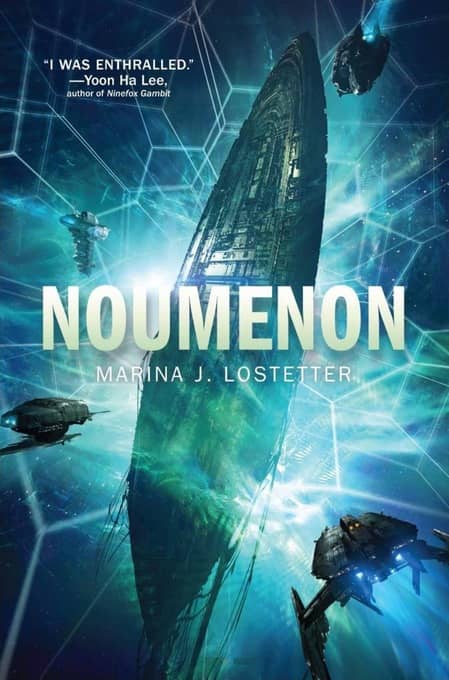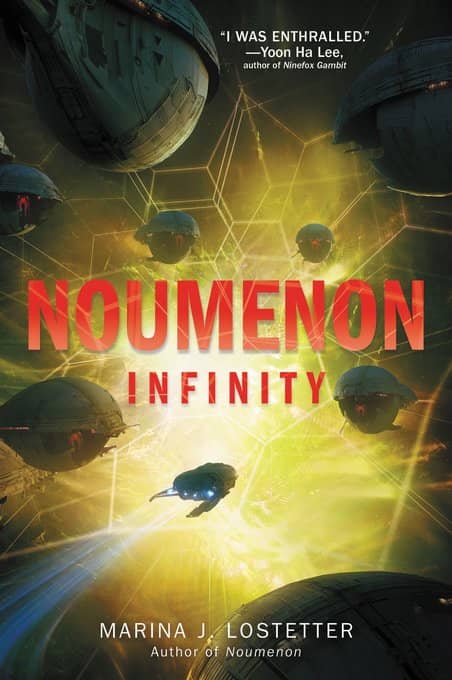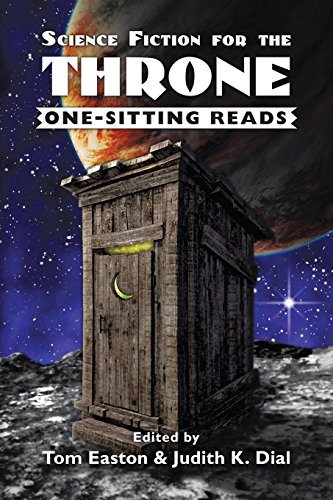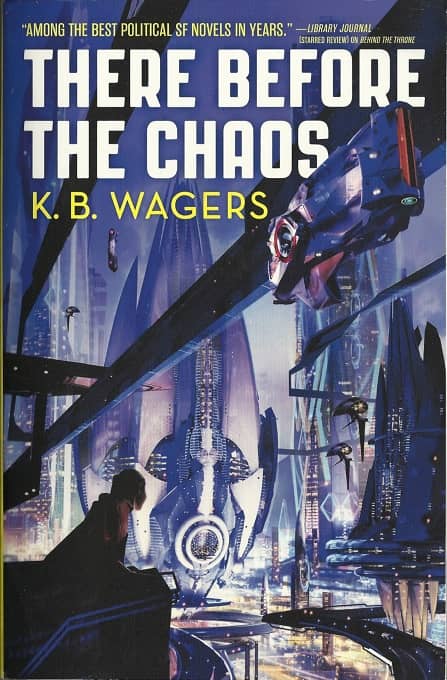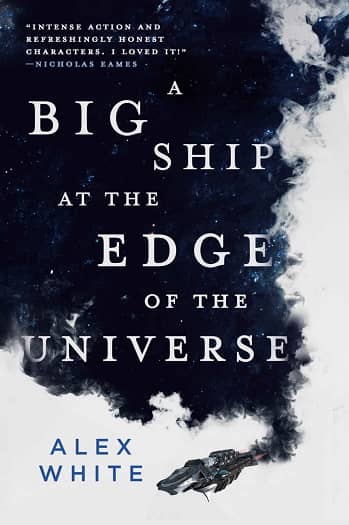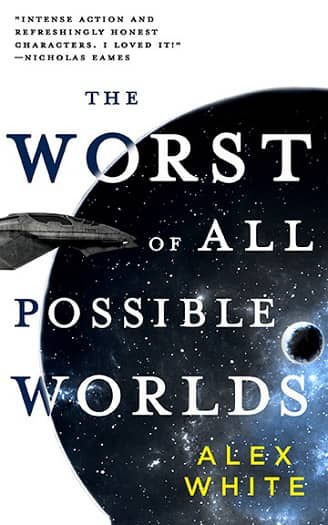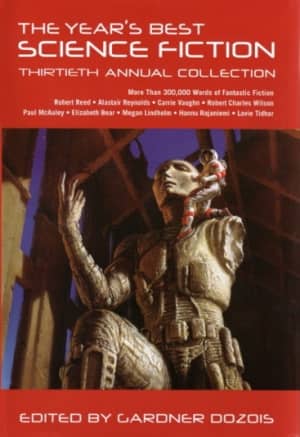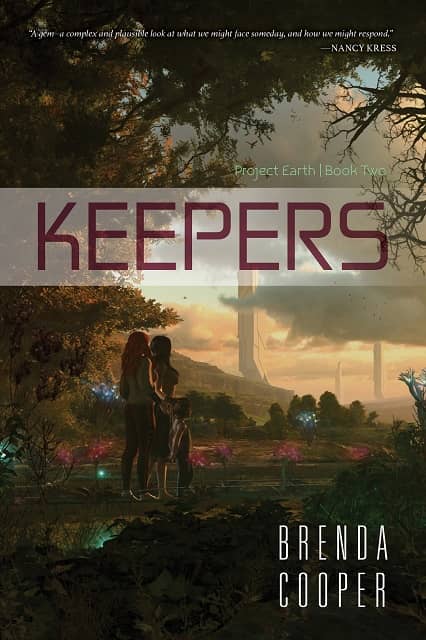Birthday Reviews: Molly Gloss’s “Interlocking Pieces”
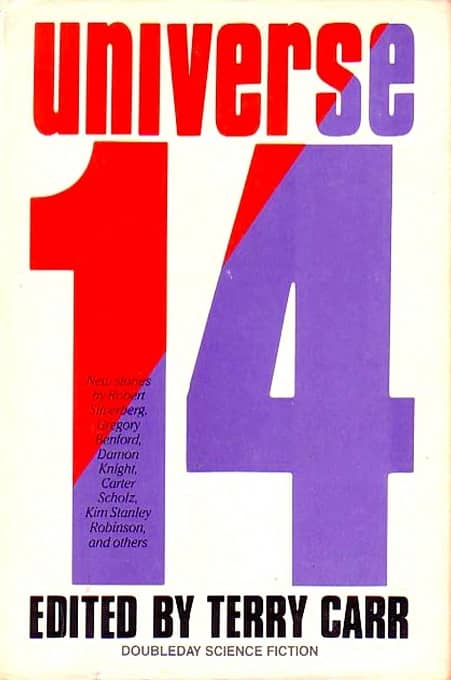 |
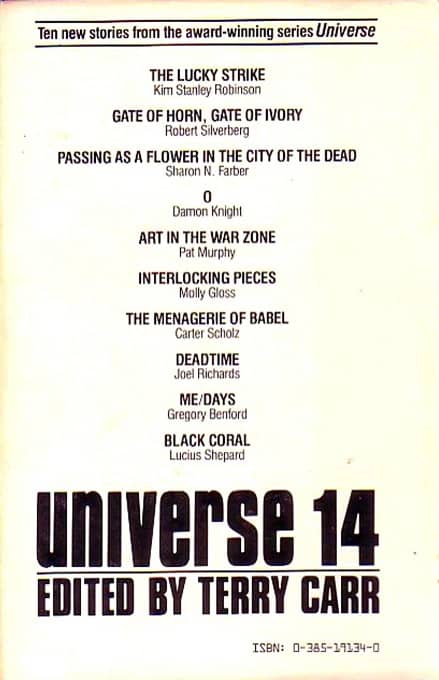 |
Cover by Peter R. Kruzan
Molly Gloss was born on November 20, 1944.
In 2001, Gloss’s novel, Wild Life received the James Tiptree Jr. Memorial Award. Her story “The Grinnell Method” won the Theodore Sturgeon Memorial Award in 2013. Her short story “Labming Season” was nominated for both the Hugo Award and the Nebula Award.
“Interlocking Pieces” was Gloss’s first professionally published short story, appearing in Terry Carr’s anthology Universe 14 in 1984. Gardner Dozois selected the story for inclusion in The Year’s Best Science Fiction: Second Annual Collection and in 1993, Ursula K. Le Guin and Brian Attebery included it in The Norton Book of Science Fiction: North American Science Fiction, 1960-1990. John Kessel and James Patrick Kelly also reprinted the story in their 2009 anthology The Secret History of Science Fiction.
There are numerous stories which start with the protagonist waking up in a hospital and neither they nor the reader knowing their situation. Although “Interlocking Pieces” seems to open this way, it quickly becomes apparent that Teo, the patient, knows exactly who she is, where she is, and why she is there. It is only the reader who slowly gathers the detail that Teo is a government minister who is in the hospital awaiting a cerebellum transplant.
